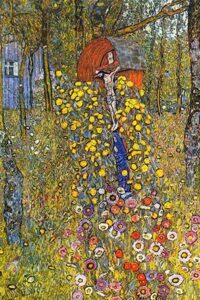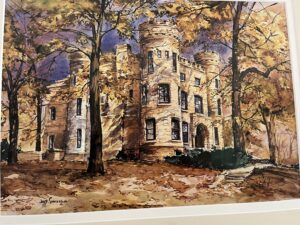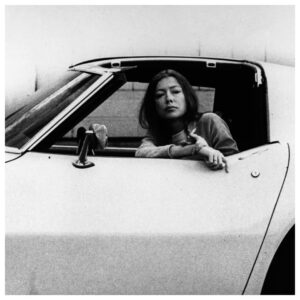Facts of Life: Grounding Lessons for Sexual Health



An older survey of 2,200 women found 35% of them admitting that fitting into an old pair of jeans after losing weight was “better than sex.” The study was related to Special K cereal and weight loss. Are you laughing yet?
But I can’t help but ask—who are their partners? How can weight loss replace intimate human contact? Maybe there’s something wrong in the couples’ overall perception of sex. Or to take it further, maybe there’s something wrong with the sex information that in general, people are getting at the start of their sexual lives.
Each person’s introduction or discovery that sex exists is far different. There’s the gentle instruction and revelation from a parent to an innocent child—and the absolute opposite of which is the terrifying introduction through childhood sexual abuse. Hopefully there are many in-betweens—the neighbor kid’s incorrect information, the health class in school, the almost accurate answers given to the child or teen asking a series of questions. Enough said.
SEX IN OUR WORLD TODAY
Many people in our culture learn about sex and sexual behaviors through visual images. Obvious ones: TV, movies, the web, and renditions of sexual behavior that they see in the people around them.
The later was the way my student, F.S., learned about sex. He was 17 when he stood at my desk protesting a story I had his class read in summer school. It contained moral platitudes, condemning sex outside of marriage. Yes, F. S. was a high school student—and I was an ingenue teacher, just following the curriculum.
But F.S. liked me; he was bright, articulate and he realized that in return for my efforts, he could teach me, a naive, young teacher with a totally different background from his, the true facts of life.
So one day after class he told me: “I have sex whenever I can. Sex is good. There’s nine people in my family. My parents and seven kids. No space. We sleep in the same room, all of us. So my whole life I am hearing my parents have sex. Nice sex. This story you are teaching me? Says nothing to me. Nothing.”
You might not immediately understand, but I was grateful that F.S. was being open with me. It’s what teachers rarely accomplish with their students. But then…what could I say in response to his honest statements? I know I said something, probably mentioning how my life was the exact opposite, that I was raised by my mother, a widow, and there was no sex in my home at all. I didn’t mean to put forth a puritanical agenda, but this was my life story and his was his. And writing this now? No agenda.
As a former RN, I do believe that ignorance about sex, sexual behaviors, also the side effects from unprotected sex, violent sex, and even casual sex always need to be considered. If all a child learns about the facts of life are images from a movie or at the other extreme, pornographic images:
- either he or she is not going to have a very realistic idea of sex in a regular relationship;
- will not understand that true sex between human beings contains a mental and emotional component;
- will fail to understand that a true human sexual experience involves choice;
- and they will not understand that sexual behavior becomes part of a person, even when it occurs under the influence of alcohol or drugs, and thus affects memory; because the act of sex, whether pleasant, fulfilling, or not…at some level, remains.
F.S.’s early experience of sex was probably more positive then that of children left alone to discover things through the internet or by watching TV. The images today’s youth might see make sex super-sized…like everything else. Sex often is portrayed as a fast-moving, tension-filled dance ending in a quick orgasm for both partners. Or it’s a pivotal moment of a storyline, blocking out every other concern a person might have about his or her entire life—it is heightened, overblown, over-fantasized, blasting way beyond the borders of reality.
So when a woman or girl experiences sex for the first time, but it is sex that does not include tenderness and caring…treating herself to a purchase that makes her happy, or just sitting and talking to someone she might want to fall in love with…would be better choices.
Because as mothers, grandmothers, older sisters, brothers and fathers… we need to teach those we love about the good and loving aspects of sex. We need to stress the emotional bond, the commitment and love that sex can bring to two persons. My mother always said that sex is the glue in a marriage. It can also be the glue in a long-term relationship.
Thus in the cramped rooms of his teen years, I believe F.S. learned about true love, realized his parents were in love, caring for and bringing his siblings into the world. That made him know that sex was good. If he resented the circumstance of his living situation, he never said so. And I don’t think he and his parents discussed what he was experiencing—it was just their life; it was the way it was.
I hope F.S. found the right woman and experienced great love in his own life. His parents gave him the beginnings they were able to give. And those beginnings, that introduction to sex was knowledge heightened in a very real way, complete with emotion, but also commitment—because what F. S. experienced in that cramped bedroom were the true facts of life.













